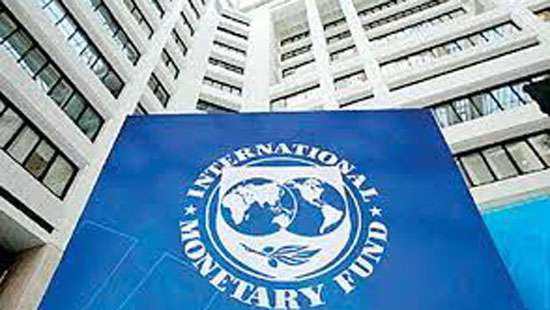Reply To:
Name - Reply Comment

The International Monetary Fund (IMF), in its technical assistance report, observes that Sri Lankan revenue administration is highly prone to corruption and rent-seeking and such perceptions are acknowledged by both insiders and external stakeholders to have progressively worsened in recent years, given the impunity of action against unethical and corrupt behaviour.
There are three separate revenue collection departments of the Ministry of Finance (Inland Revenue, Customs, and Excise).
The report says each revenue department broadly operates separately with little interaction other than the sharing of import and export data by Customs with Inland Revenue despite an overlapping pool of taxpayers.
According to the IMF, corruption vulnerabilities occur at points of interaction between revenue officials and the public and it is magnified when revenue officials exercise discretion without adequate safeguards with opportunities when assessing income or expenses, classifying goods and tax rates, or granting concessions.
“Cumbersome procedures that are open to abuse, along with collusion between officials create strong incentives in an environment of few, if any, consequences for a taxpayer to offer and/or for a revenue official to solicit a bribe. Such deals benefit the colluding corrupt parties at the expense of government and wider society. Revenue collection agencies internationally are renowned to be some of the most corruption-prone government institutions,” the report says.
It says countering this risk requires an explicit policy of high integrity and zero-tolerance to corruption supported by robust institutional arrangements to enforce and reinforce such a culture. These characteristics are mostly absent in Sri Lanka; an observation confirmed by the business community and accounting profession.
“While corruption vulnerabilities appear to permeate Sri Lankan revenue administration, there appears to be little, if any, accountability, or consequence for such actions. There is virtually no culture of integrity observed, with corruption allegedly found at every level – including top management. In fact, promotions are almost exclusively based on seniority with no regard to merit, skill, or leadership ability, or whether the person has compromised integrity in any way. The revenue departments are predominantly closed institutions with little if any employment mobility into and out of the departments. While this policy is justified by the specialised nature of revenue administration, it acts as a binding constraint that has led to very inward-looking institutions that are reluctant to change, particularly given strong union influences, “the report says. (Kelum Bandara)